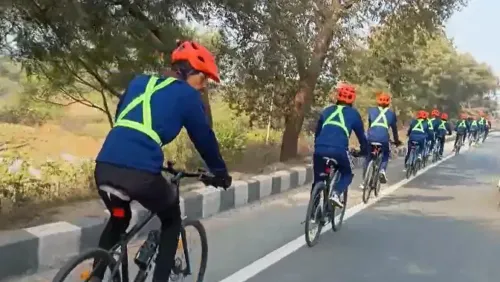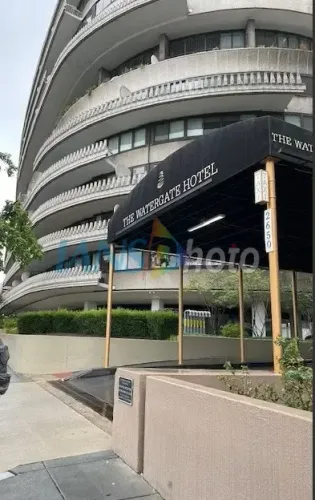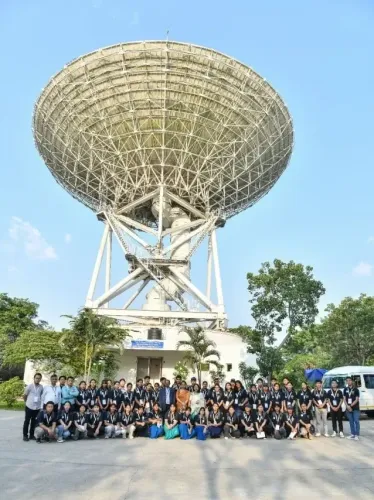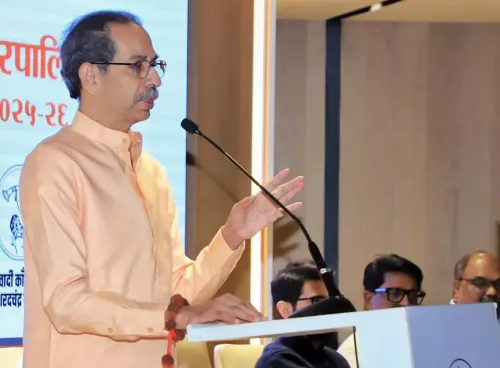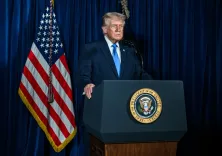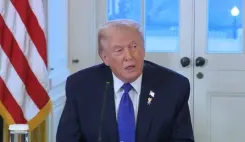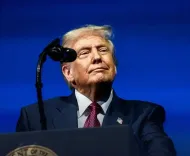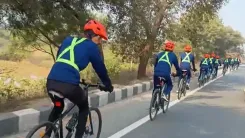Will Tripura Establish District-Level Task Forces to Identify and Deport Infiltrators?
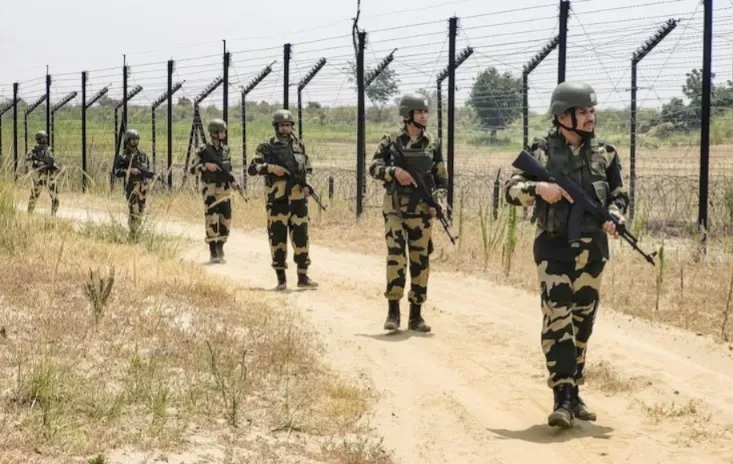
Synopsis
Key Takeaways
- Task Forces will be formed across all eight districts in Tripura.
- A senior police official will lead each Task Force.
- The initiative aligns with directives from the Union Ministry of Home Affairs.
- Local political parties are advocating for strict enforcement against illegal migrants.
- Security agencies are on high alert to prevent infiltrators from entering the state.
Agartala, July 19 (NationPress) The Tripura government plans to form task forces across all eight districts to identify and deport infiltrators residing in the bordering state, as confirmed by officials on Saturday.
A senior police representative revealed that the 'Task Force' has already been established in West Tripura district, with efforts underway to form the same in the other seven districts.
"A senior police representative from the district will lead the Task Force, while officers-in-charge from various police stations within the district will serve as members," the official disclosed to IANS, preferring anonymity.
This initiative by the Tripura government follows a directive from the Union Ministry of Home Affairs, which instructed all states and Union Territories to verify the identities of individuals suspected to be illegal immigrants from Bangladesh and Myanmar. If any documents of these foreign nationals are determined to be fraudulent or unlawfully obtained, they will be subject to deportation, as stated in the MHA circular.
Additionally, the ruling BJP ally, the Tipra Motha Party (TMP), has been conducting various protests for the past two months, advocating for the expulsion of "illegal migrants" from Bangladesh and Myanmar.
The tribal-centric party has called for the strict enforcement of MHA directives regarding the identification, detention, and deportation of illegal migrants.
TMP senior leader and party legislator Ranjit Debbarma pointed out that BJP-led states like Assam and Gujarat have taken decisive actions against infiltrators, while the Tripura government has not responded adequately.
TMP leader Pradyot Bikram Manikya Debbarma previously asserted that infiltrators pose a risk to the socio-economic and cultural fabric of the state's indigenous population, particularly the tribal communities.
"The government should implement rigorous measures to prevent infiltrators from entering India. Those currently residing illegally in Tripura and other regions must be promptly expelled," the TMP chief stated in an interview with IANS.
Forest and Environment Minister Animesh Debbama reiterated that no infiltrators would be permitted to remain in Tripura.
Debbama also mentioned that a nine-member delegation from TMP, led by Pradyot Bikram Manikya Debbarma, would meet with the Election Commission of India next week to address several critical issues regarding electoral roll preparation in Tripura.
"A primary demand will be for a Special Intensive Revision (SIR) of the electoral roll in Tripura, akin to the recent process conducted in Bihar to identify fraudulent voters and infiltrators," Animesh Debbama remarked to IANS.
Chief Minister Manik Saha previously indicated that infiltrators from Bangladesh now perceive Tripura as an unsafe zone, emphasizing that all security agencies are on high alert to thwart infiltration attempts.
"Following the disturbances in Bangladesh last year, security forces have maintained close surveillance along the border to prevent any infiltration attempts," CM Saha, who also holds the Home portfolio, informed the media.
The Chief Minister recently convened meetings with senior security officials from various agencies, including the BSF, urging them to enhance coordination to address border-related challenges.
Tripura shares an 856 km border with Bangladesh and is bordered on three sides by the neighboring country, rendering the northeastern state particularly vulnerable to cross-border migration issues and other criminal activities.
Most of the border has been fenced, except for some sections, to deter smuggling, transnational crimes, and the illegal movement of infiltrators and hostile elements.


